NAIROBI, Kenya, MAY 25 (V7N) – In a concerning trend across parts of Africa, a long-held cultural perception equating a large belly with wealth is clashing with a rising public health crisis: deaths from obesity-related illnesses are increasing. This shift highlights growing health disparities and a changing dietary landscape in countries experiencing economic growth.
In Kenya, for instance, overweight politicians are often affectionately called "Boss" or "Mkubwa" (Swahili for "big man") by their constituents, with their size symbolizing prosperity. However, some younger political figures, including the governors of Nairobi and Mombasa, are now openly discussing their weight loss journeys.
Obesity is a significant contributor to non-communicable diseases (NCDs) such like diabetes, which have become the leading cause of death in Kenya, accounting for 39% of annual fatalities, according to the health ministry. This stark reality exists in a country where nearly a third of the population still struggles with food insecurity, yet 13% of adults are obese, as per the 2025 World Obesity Atlas. This contrast underscores Kenya's burgeoning inequality and the increasing consumption of fast and processed foods among those with rising incomes.
The perception of weight can also influence financial decisions. A 2023 study published by the American Economic Review found that microfinance institutions in neighboring Uganda considered overweight loan applicants more likely to repay loans, vetting them based on their weight.
"Most people feel like when I start making money, I have to look like the money itself by being fat or obese," said Kenyan nutritionist Felix Okoth. "They however don’t realize that they are predisposing themselves to these lifestyle conditions such as diabetes and hypertension."
The World Health Organization's Africa director has ominously termed the rising obesity trend a "ticking time bomb" for the continent, which boasts the world's youngest and fastest-growing population.
Efforts are underway to shift the narrative around weight. Former Kenyan senator Cleophas Malala, 39, shared his personal experience, describing how a 15-hour flight to the U.S. left him in pain and how doctors advised him to lose weight. He embarked on a 90-day non-solid diet from a starting weight of 138 kilograms (304 pounds). While not disclosing his current weight, before-and-after photos clearly show a noticeable slim-down. Malala humorously noted, "My colleagues in parliament were mad that I left the ‘club’ after I lost weight."
Stephen Ogweno, a public health advocate who experienced childhood obesity, observed that most Kenyan legislators do not perceive obesity as a problem. "These discussions are held in parliament where most MPs have big bellies, and so admitting that it concerns them, too, would be a good place to start," he commented.
Kenyan President William Ruto has also publicly addressed the importance of fitness for work, even reassuring Kenyans in 2023 after online speculation about his health following his own weight loss. "I decided to cut it down because the task ahead was not easy," he told journalists.
Probable causes for the rise in obesity in developing countries include increasing incomes, the proliferation of fast-food outlets in urban areas, sedentary lifestyles, and a lack of infrastructure promoting physical activity.
"We need to make sure that when we move away from lack of food, we are not going to the wrong food groups," advised Miriam Laker Oketta, a Kampala-based doctor.
Caroline Kirui, Africa director for Project ECHO, an information-sharing platform for healthcare workers, believes public health campaigns will be crucial in dispelling the notion that weight signifies wealth.
In Kenya, advertisements for gyms, weight loss drugs, and surgeries are becoming increasingly common. However, some users, like Caroline Havi, have expressed dissatisfaction with approaches such as the Ozempic weight-loss drug. Havi opted for a one-meal-a-day diet instead, hoping to reduce her weight from 105 kilograms to 70 "without spending so much."
The health implications are severe. In South Africa, obesity-related deaths from NCDs have now surpassed HIV-related deaths, according to the WHO. The 2025 World Obesity Atlas indicates that 32% of South Africa's adults are obese.
Rebone Ntsie, nutrition director at South Africa's National Department of Health, notes that the perception of weight as a symbol of wealth is slowly evolving. "There are those who still see it like that, but people are also seeing the dangers and its no longer celebrated as a sign of dignity, beauty, respect, social status," she said.
END/WD/RH/



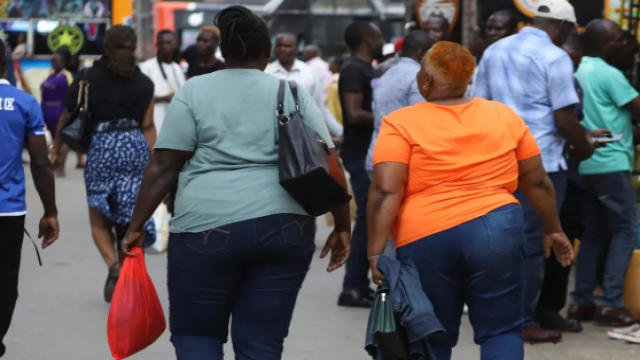



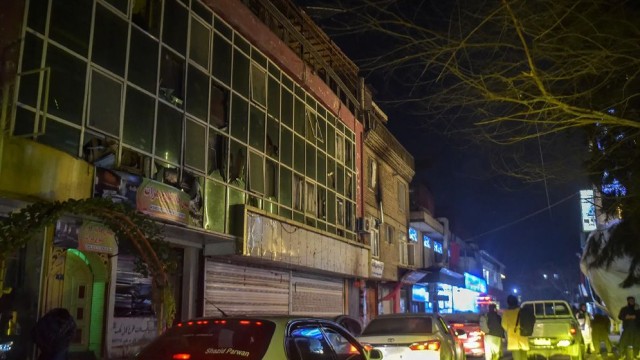


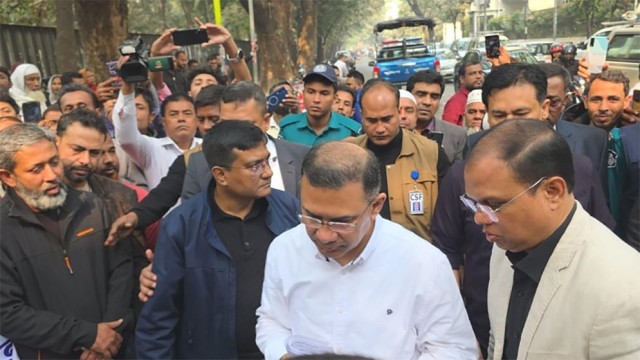

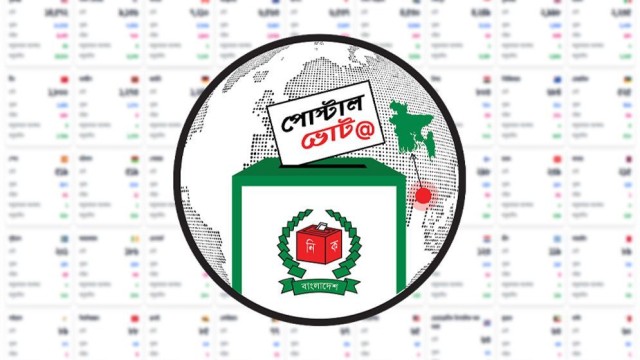


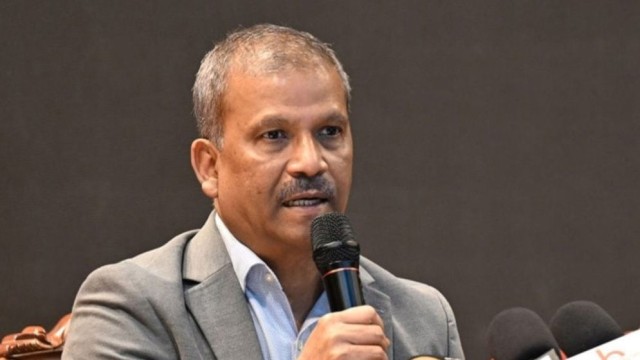
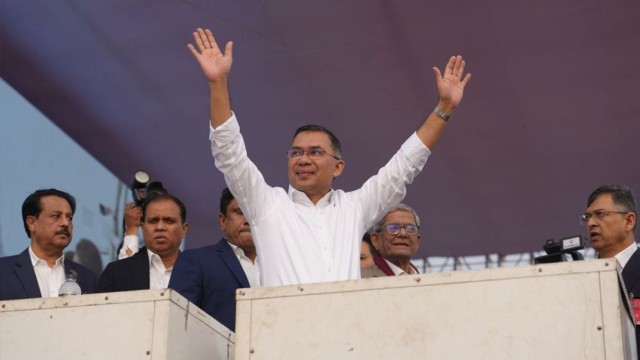


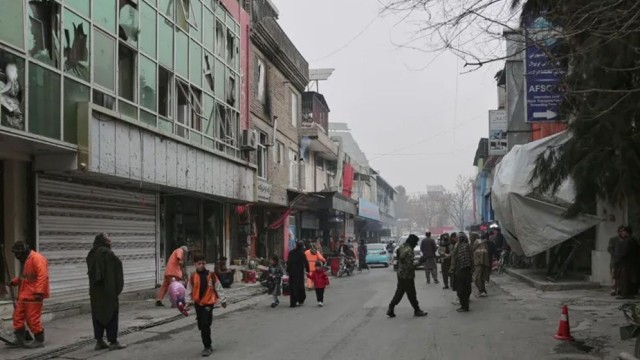









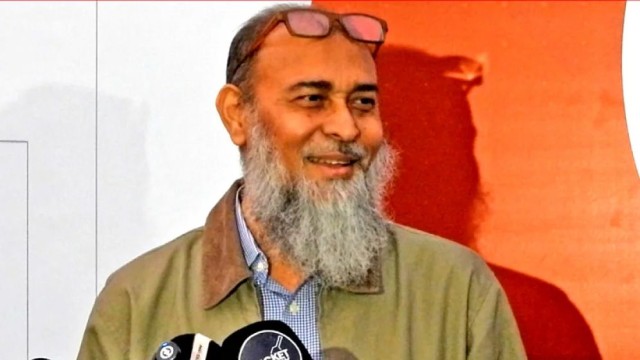

Comment: